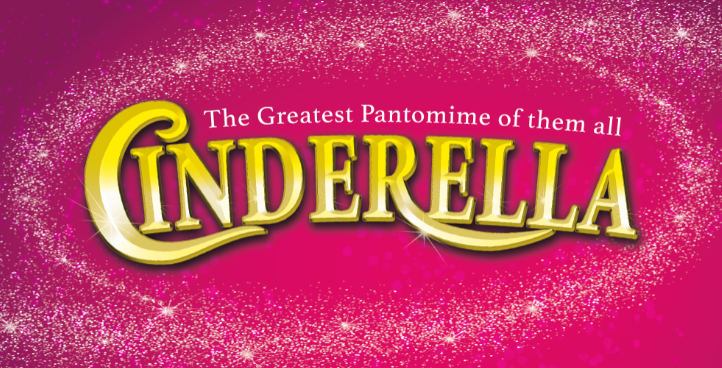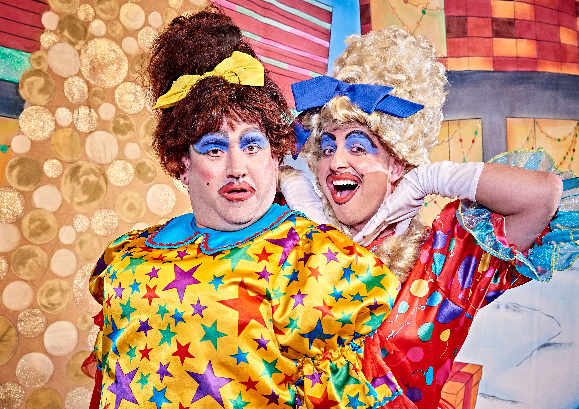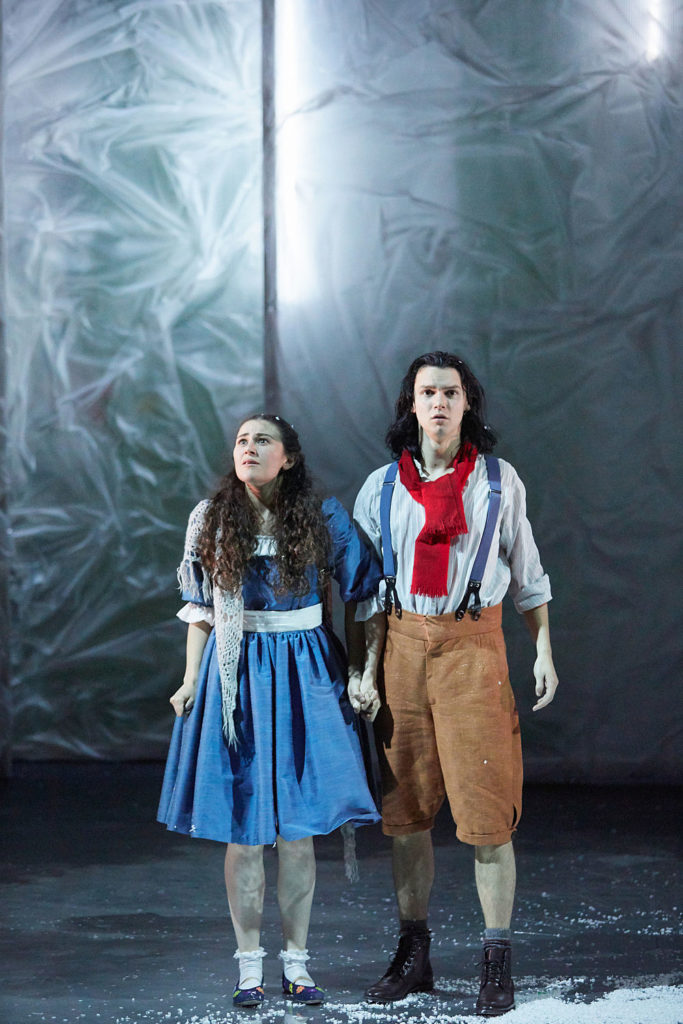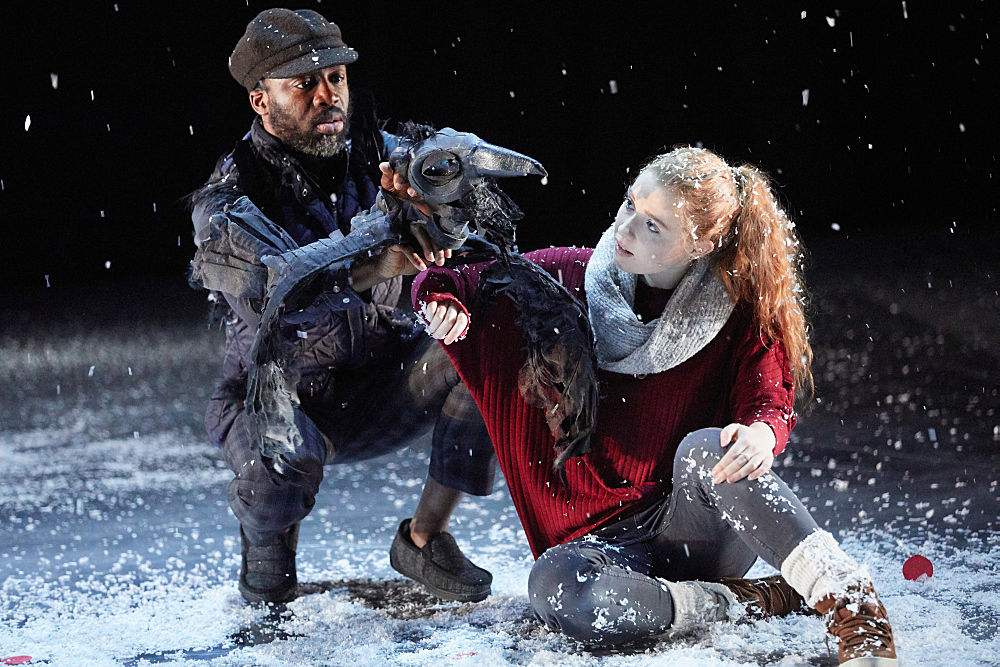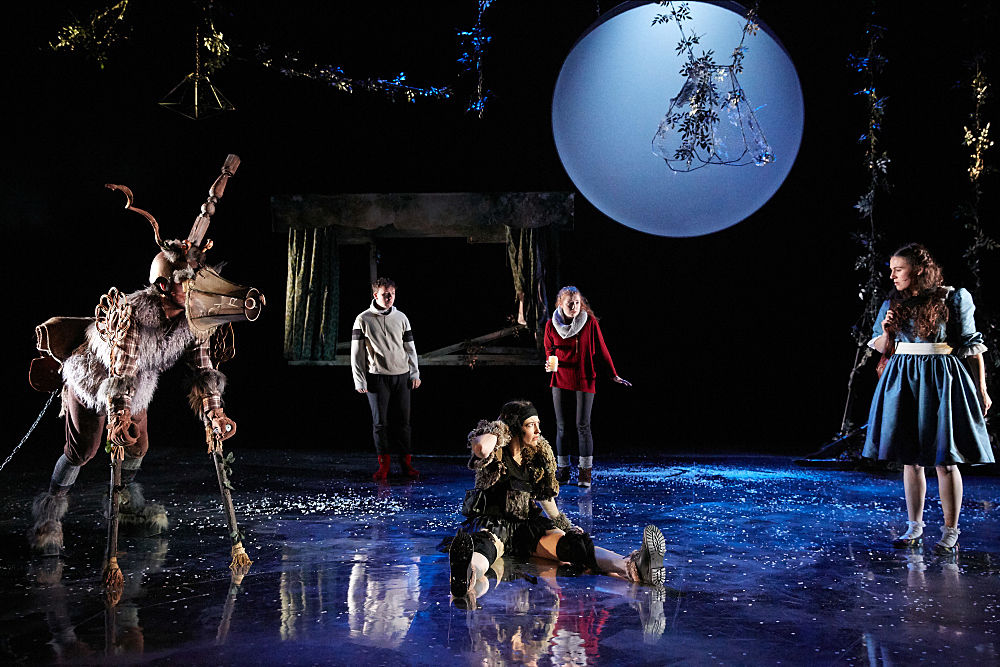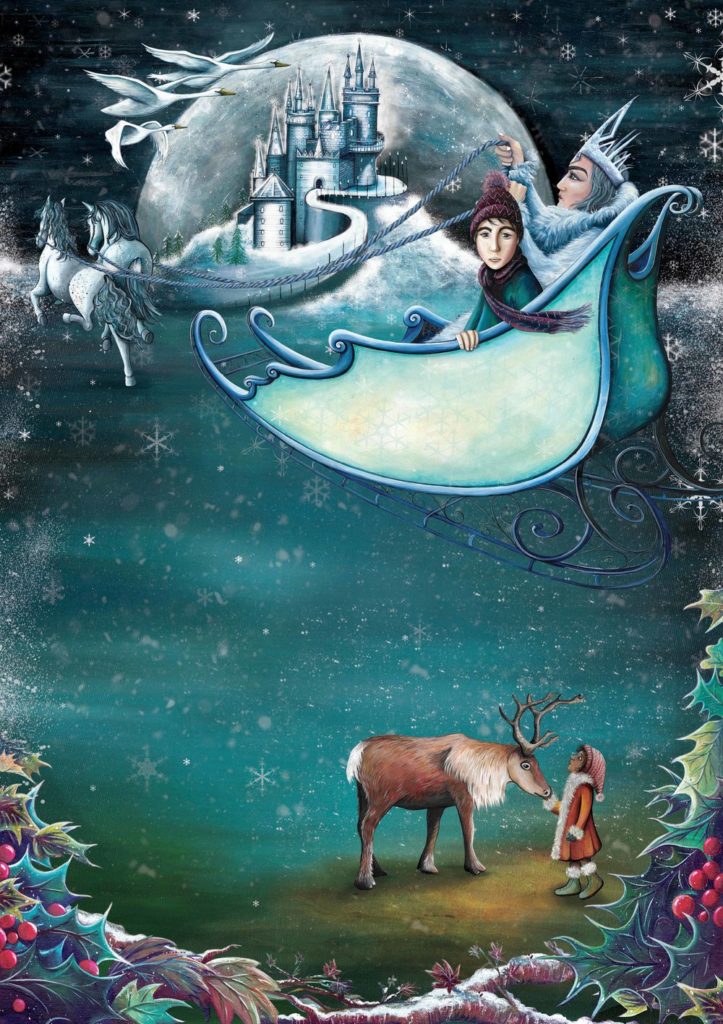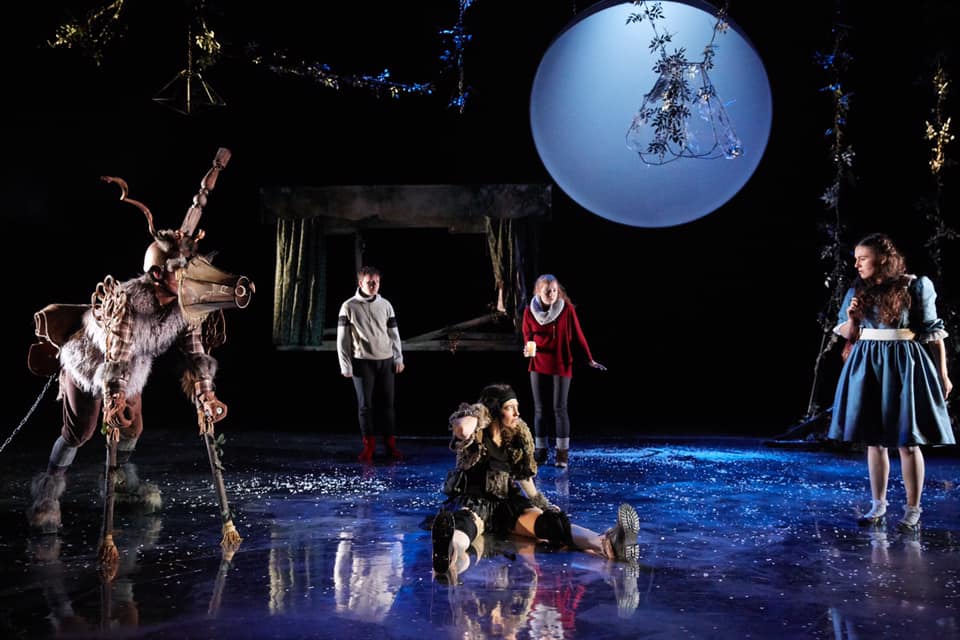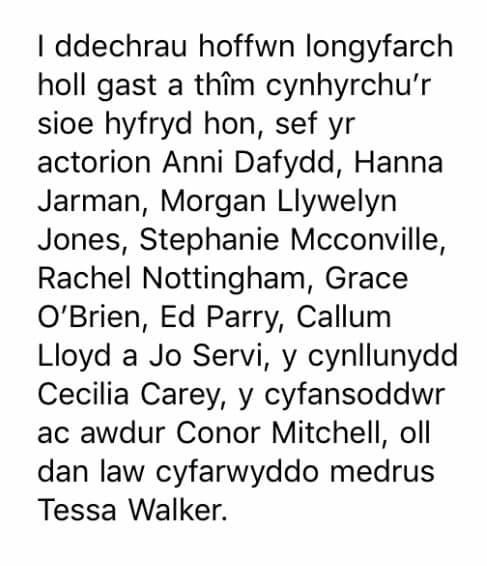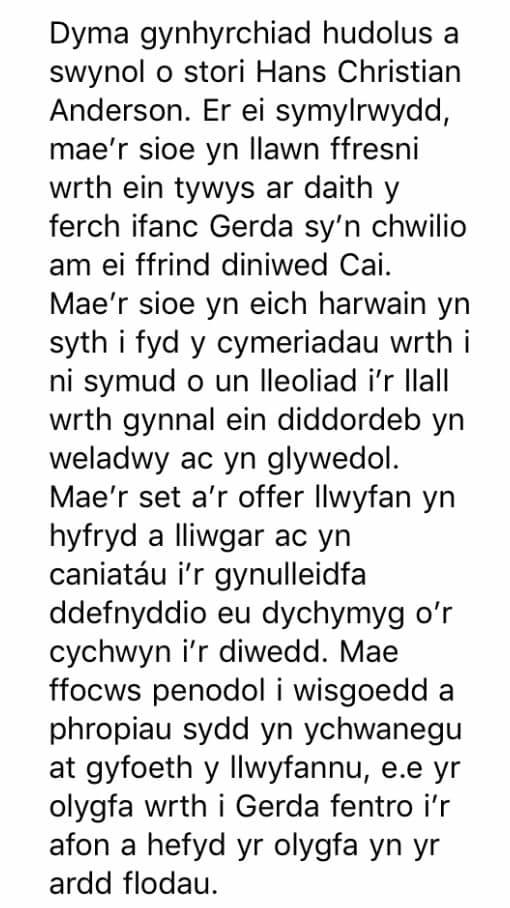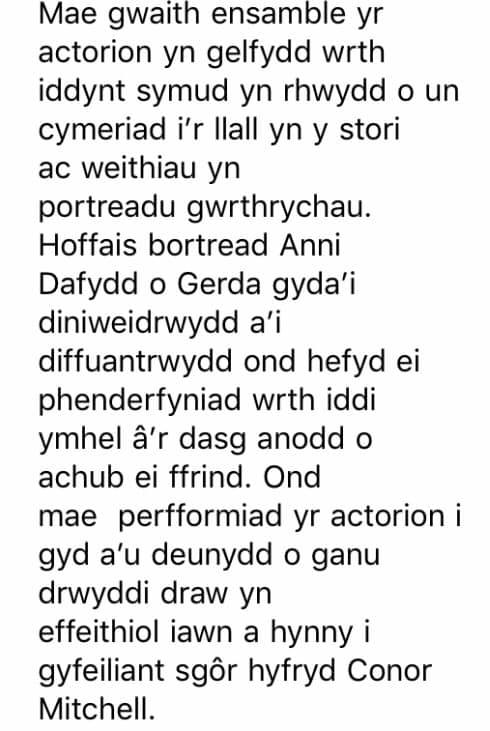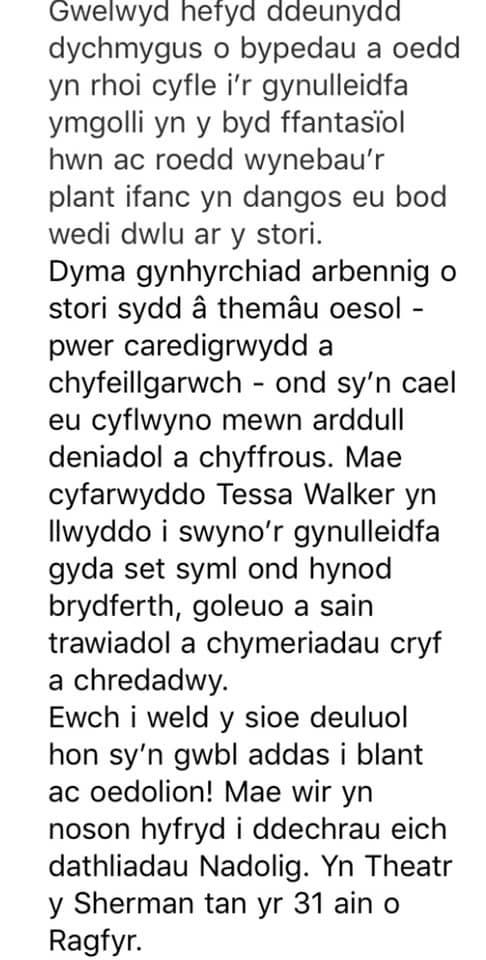Sian Thomas
1) getthechance.wales/2019/10/30/review-heartsong-by-tj-klune-by-sian-thomas/. I was so excited for this book to come out and it really delivered. It’s on one of my favourite series with an exceptional way of world building and atmosphere, and the way the characters act towards each other and their surroundings is incredible. It’s funny, loving, and full of action, and I love it.
2) getthechance.wales/2019/05/02/review-every-word-you-cannot-say-by-iain-thomas-by-sian-thomas/. Another amazing book from Iain Thomas. Also it’s very new and different! Bright, too. Since the I Wrote This For You collection all have white/grey colour schemes, this one being bright blue was a lovely change. I adore it – it’s got some really powerful words in it, too.
3) getthechance.wales/2019/03/02/review-how-to-train-your-dragon-3-by-sian-thomas/. End of an era! I loved this series when I was in my early teens and kept a close hold of it all the way until the end. I cried when I saw it in the cinema, at the end, when Hiccup and Toothless went their separate ways and then saw each other again a good number of years later. An amazing film about people and creatures and their relationships. Also, visually stunning. Animation is a top tier medium.
Personal: I finished my first year of university this year, and did so well in my classes that the university gave me a cash prize. There was a chance for people to win £1000 by getting a really good mark for their first year, and I had no idea about it until I received an email saying I’d won. Which was amazing news! It made me really proud of my both my actual work and my work ethic from the first year. It was a big academic confidence boost!
Barbara Michaels
With such a cornucopia of goodies on offer theatre-wise during the past year, it isn’t easy to single out just three. For my money, two of these have to be musical theatre productions: Kinky Boots and Les Misérables, both staged in the Donald Gordon Theatre at the Wales Millennium Centre.
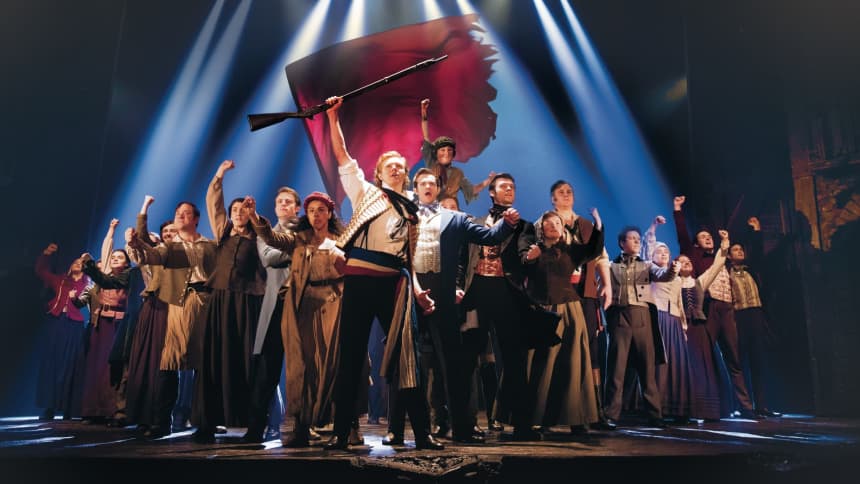
First on my list has to be Les Misérables. Cameron Mackintosh’s production, first staged almost a decade ago to celebrate the 25th anniversary of Les Mis, once again proved what a sure-fire winner it is. Grand theatre at its best, top of the tree for music, lyrics, storyline et al. A privilege to watch, all presented by a multi-talented cast, among them Welsh actor Ian Hughes as a nimble-footed Thenardier who brought the audience to its feet on opening night with his uproariously funny rendering of Master of the House.
Closely followed, I must admit by Kinky Boots which was, start to finish, a joy to watch. So much more than “Just another musical,” it has at its heart a subject which nowadays is treated in most cases empathetically but which was by any means the case only a few short years ago. I refer to transgender. Kinky Boots tackles this head on, with the occasional heartbreak mixed with the fun and verve which is characteristic of this amazing show, all dished out by a superb cast.
On to number three – also at the WMC, home of Welsh National Opera who once again proved what a top-notch company they are with their new production of Bizet’s Carmen. An operatic sizzler with wonderful music, the story of the torrid but doomed relationship of the gypsy girl Carmen and her solder lover is given a contemporary twist by director Jo Davies which works brilliantly, with the added advantage of French being the native tongue of mezzo soprano Virginie Verrez in the title role. With the mesmeric Habanera in Act I, wonderful music and at times gut-wrenching libretto, this Carmen is proof – if, indeed, proof was needed – that a new slant on an old favourite can actually work.
And now to the best “Cultural experience.” I am going to go off piste here, for to my mind it has to be the film Solomon and Gaenor, given a twentieth anniversary screening at Chapter with the film’s writer/director Paul Morrison, producer Sheryl Crown and leading lady Nia Roberts on stage afterwards for a Q and A. The Oscar-nominated and BAFTA award-winning film, with dialogue in Welsh, English and Yiddish, set in the Valleys back in the time of the Tredegar riots, tells the story of forbidden love between a young Jewish peddler and a young girl from a strict Chapel going family.
Pinpointing how attitudes have changed, despite still – as Morrison commented during the discussion afterwards – having a way to go, Solomon and Gaenor, shown as part of the Jewish Film Festival, is riveting from start to finish in a drama that is upfront and unique in its presentation.
Barbara Elin
2019 was a brilliant year for Welsh theatre, a real abundance of riches across the stages of Cardiff. American Idiot started off the year with a bang, Peter Pan Goes Wrong brought comedic chaos, and Curtains brought the kind of vintage charm you can only usually find among the bright lights of Broadway and the West End. Narrowing it down is a tricky task, but there were a few shows that stood out among the rest for me…
#3: The Creature (Chapter Arts Centre)
In what daily seems like an increasingly unkind, apathetic world, The Creature was a beam of hope in a dark time that didn’t shy away from trauma or tragedy but which held with it the promise of a better future – if we fight for it. It seemed perfectly tailored to me and my research interests – a modern take on the criminal justice system via a pseudo-Frankenstein adaptation, it hooked into my soul and still hasn’t let go. I’m eagerly anticipating the future endeavours of this fantastic creative team.
#2: Cardiff Does Christmas – Cinderella (New Theatre) and The Snow Queen (Sherman Theatre)
The Christmas shows this year were the best I’ve had the privilege of seeing in quite some time. Cinderella was the show that reignited my long-dormant love of panto and saw the season in with festive cheer, while Sherman Theatre’s The Snow Queen was brimming with Christmas magic and a sweet tale of friendship, courage, and the fight against seemingly-insurmountable odds – a message we could all use about now.
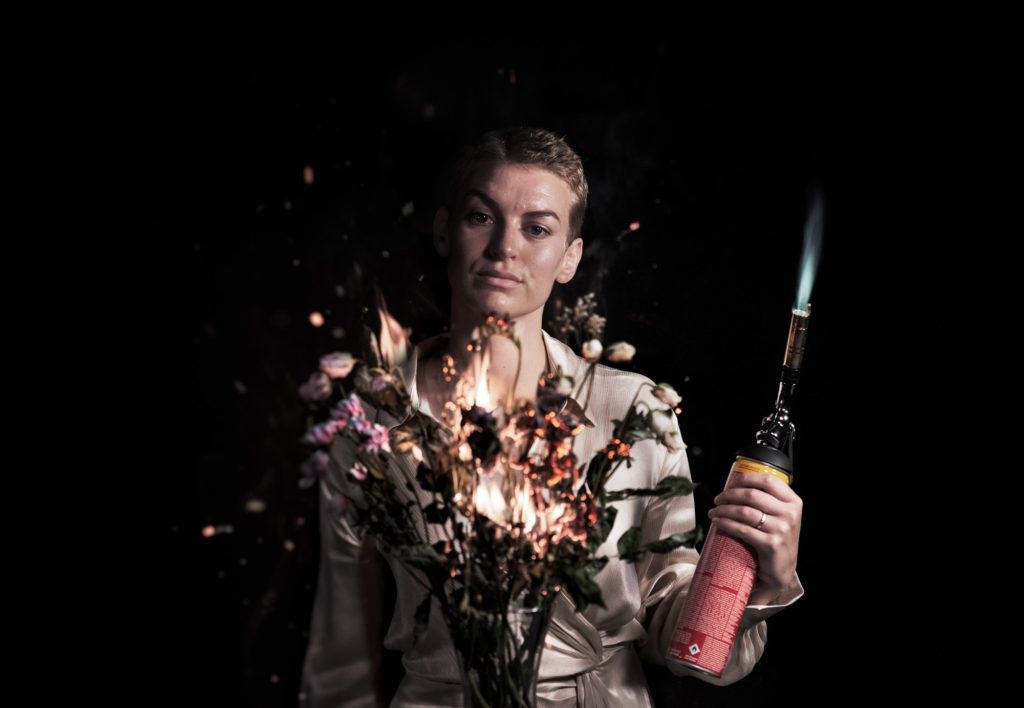
#1: Hedda Gabler (Sherman Theatre)
It’s become increasingly apparent to me that the Sherman is the soul of contemporary Welsh theatre – consistently producing creative, fascinating and timely plays ‘rooted in Wales but relevant to the world’, as AD Joe Murphy said of his artistic vision. Their staging of Ibsen’s Hedda Gabler was an utterly stunning adaptation that haunts me to this day – and Prof Ambreena Manji and I were blessed to be able to bring our Law and Literature students to the production as we’re studying the text this year. You know it’s a roaring success when the students want to write their coursework on Hedda!
Reviewing for Get the Chance has been my cultural highlight, which includes being continually in awe of the kindness and generosity of the Sherman, New Theatre and Chapter: the future of Welsh Theatre is in good hands indeed!
Losing Home, My 2019 Highlight, Les Misérables, Eva Marloes
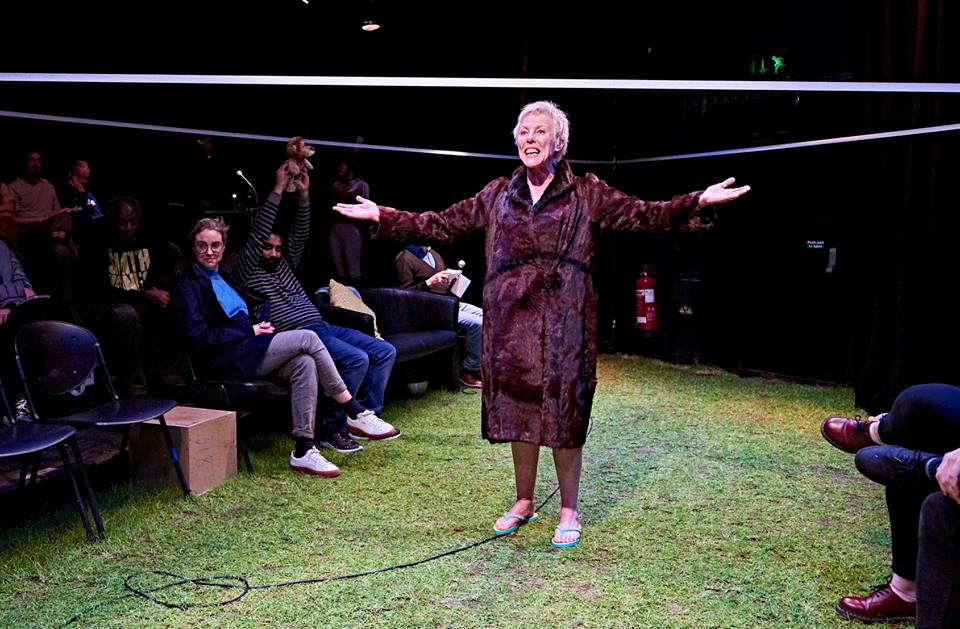
As 2019 comes to a close, so vanishes the last hope of stopping Brexit. It is decided. Parliament has agreed our ‘divorce’ from the EU. Some feel elated, some relieved, some dejected. The morning after the 2016’s referendum, some people in Britain woke up and felt stripped of their very identity. The EU question was never about rules and regulations, trade agreements or sovereignty; it was about identity. In the political debate, only the Leave side appealed to identity. The European identity of many Remainers was and still largely is neglected. This is what makes Mathilde Lopez’s interpretation of Victor Hugo’s Les Misérables so poignant. It gave voice to the emotional attachment to the EU some people have always felt or have begun to feel once that belonging came under threat.
The beauty of Lopez’s take on Hugo’s masterpiece lies in interweaving the ‘small’ lives of individuals with the ‘big’ events of history. It is personal and political. It speaks of today by reaching into the past. With Les Misérables, Lopez brings together the battle of Brexit with that of Waterloo. It is a tragi-comedy that makes the lives of ordinary people part of history. Amidst the blood of Waterloo, the crisps devoured while listening to the referendum results, and the summer music of holiday-makers, we experienced the banality and significance of the Brexit decision.
The play was fun and moving. It was original, innovative, and thoughtful. It wasn’t perfect and wasn’t the best show I’ve seen in 2019 (that should go to WNO’s Rigoletto), but it was the most significant of what the country is going through. By mixing the escapism of the holiday feel with the horror of Waterloo and the shock of people watching the referendum results coming in, Les Misérables captures the closeness and distance we feel when caught in events of historical significance.
In one night, something changed radically. For European citizens in Britain, Brexit has created insecurity about their status, brought extra costs to get documentation that might allow them to stay, and has made them vulnerable to attack and insults. They don’t belong. The nostalgic identity the ideologues of Brexit have conjured is too narrow and homogeneous for some British people too. They too don’t belong. As Britain seeks to close its borders and refashion a nationalistic identity, some of us have lost their home.
In my review of Lopez’s Les Misérables, I wrote that the play appealed to faith, hope, and love. It was an acceptance of defeat without despair, a search for strength in love, not distance. Hugo described Waterloo as ‘the beginning of the defeat.’ As the first phase of Brexit concludes, it is tempting to use Hugo’s words for Brexit as the defeat of the dream of an inclusive and welcoming society, but it is not over. Nostalgia is incapable of meeting the challenge of the present, let alone of envisioning a future. That is for us to do. It is for all of us to imagine our future and rebuild our home. It begins now.
(My behind the scene article on the production Les Misérables can be found here)
Rhys Payne
Bodyguard at The WMC
The biggest and boldest production I have ever seen with music that has become iconic.

Meet Fred, Hijinx Theatre Company
A fantastic piece of theatre thy showed the true meaning of inclusivity while also showing an unique art form of puppeteering.
Stammer Mouth
A fantastic and modern piece of theatre that literally gave a voice to someone who doesn’t have one.
Gareth Williams
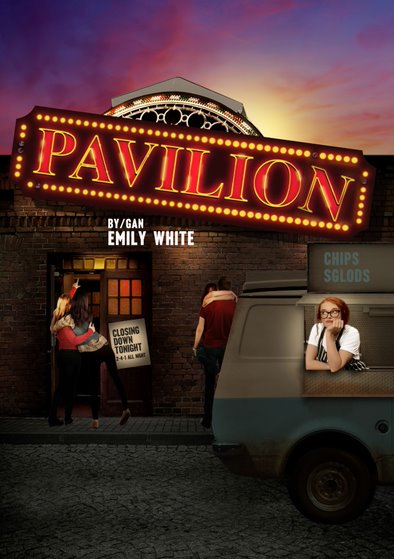
Pavilion, Theatr Clwyd
A sharp and witty ode to small town Wales, Emily White has produced a great piece of engaging drama out of the mundane, the everyday. With recognisable characters brought to life by a hugely talented cast, this represents an excellent debut for a Welsh writer whose talent is sure to be noticed.
35 Awr
Writer Fflur Dafydd continues to demonstrate why she is one of Wales’ foremost scriptwriters with this intriguing mystery drama. Her intimate characterisation and weaving narrative kept viewers gripped right to final moments of its eight-part run.
Anorac
A really important and culturally significant film, providing a fascinating insight into the Welsh language music scene. Huw Stephens deserves huge credit for spearheading it. I urge you to see it if you can’.
Samuel Longville
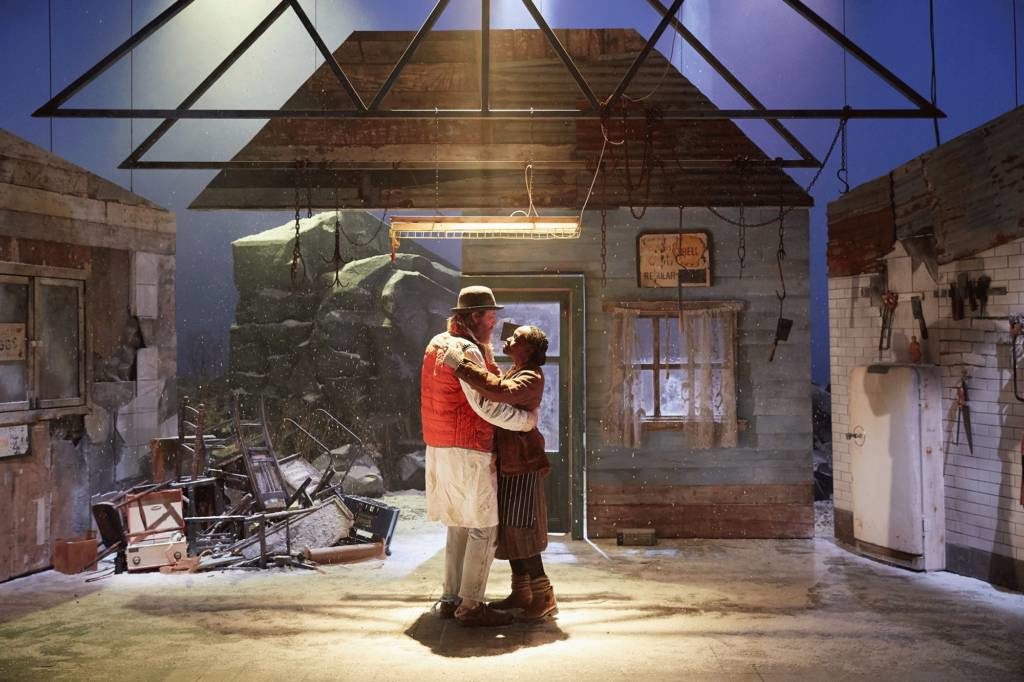
Cotton Fingers, NTW by Rachel Trezise and On Bear Ridge, NTW by Ed Thomas, both at Sherman Theatre, Cardiff. Having returned from University in Brighton this year, it was brilliant to see the Sherman Theatre flourishing as much as it was when I left Cardiff 3 years ago. The detail that went into Cai Dyfan’s set design for On Bear Ridge was incredible to witness. His level of craftsmanship, often only found in commercial and west end theatres, was a delight to see on a smaller, regional stage.
Meanwhile, a more stripped back Cotton Fingers let its script do all the talking and was skill-fully delivered by actor Amy Molloy.
Shout out must go to Katherine Chandler for her play Lose Yourself, also at the Sherman Theatre. Although I did not review this play, it was definitely one of my highlights of 2019. Gut-wrenching for all the right reasons, its finale left the audience silent. I’ll never forget heaviness in the air at the end of play felt by everyone in the audience who just experienced something very important together.
Personal cultural event of 2019: Slowthai at Glastonbury – never before have I been so instantly hooked on an artist I’ve never listened to before. The way he riled up the crowd with his boisterous, unapologetic stagemanship was incredible to witness and I haven’t stopped listening to him since.
Richard Evans
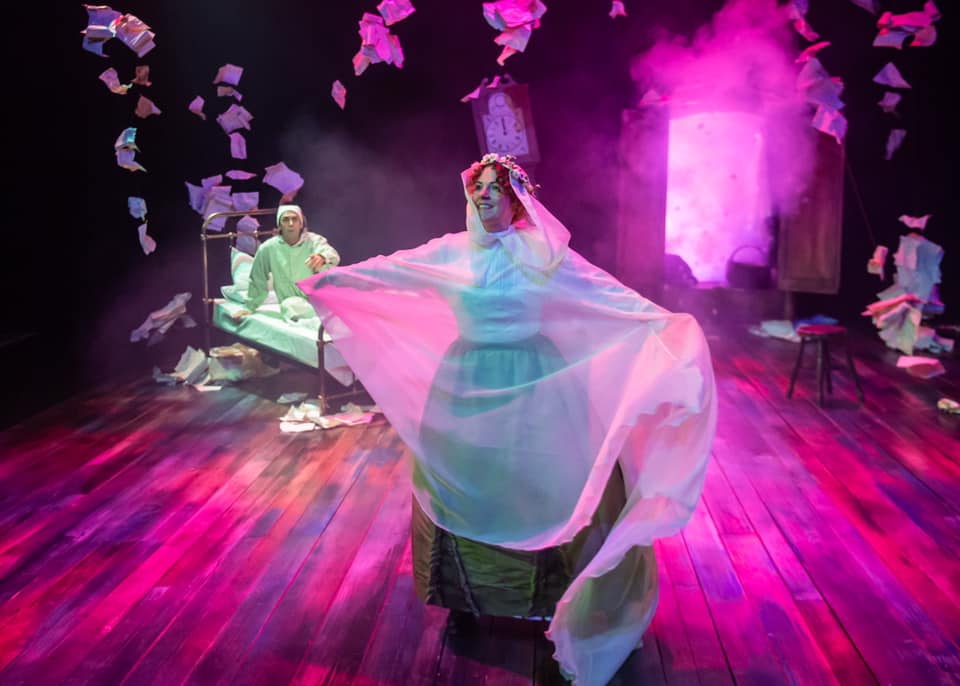
Christmas Carol, Theatr Clwyd
A thoroughly enjoyable interactive performance that communicated much of what Dickens intended yet had a lightness of touch, an impish humour and a sense of occasion that made it well suited to a Christmas show.
Yes Prime Minister,Theatr Clwyd

 (4.5 / 5)
(4.5 / 5)
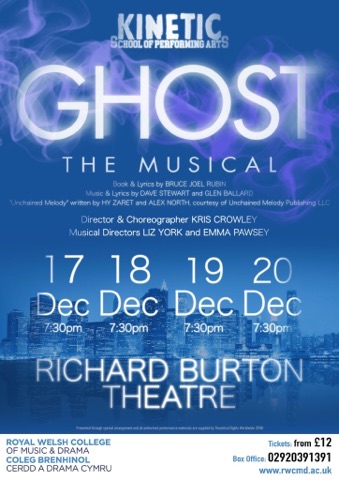
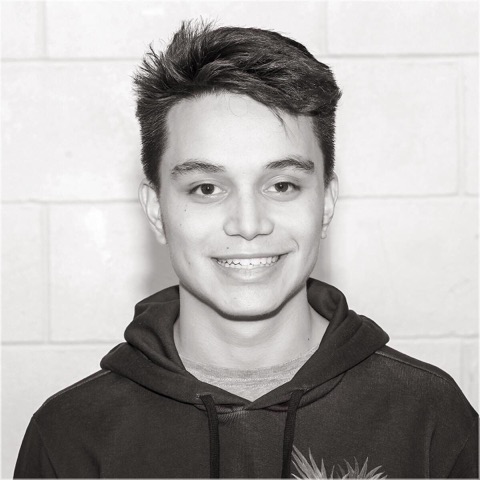
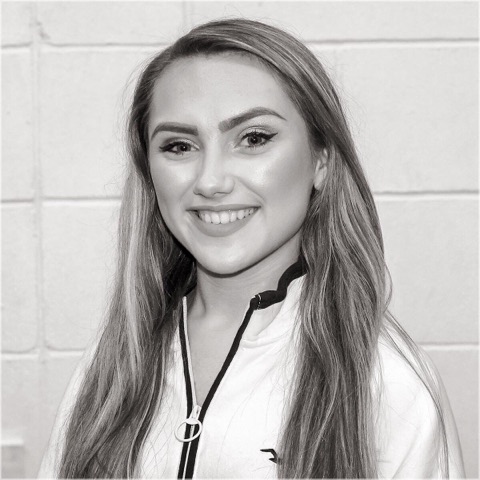
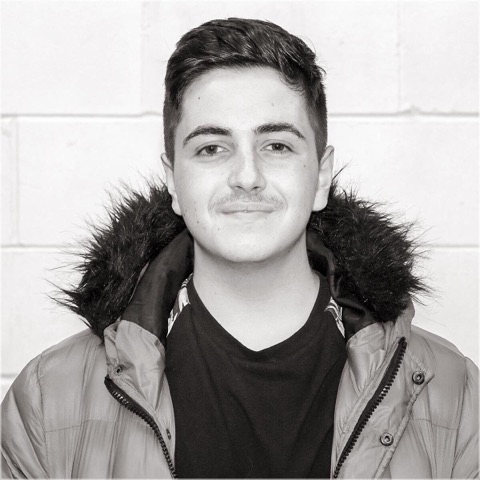
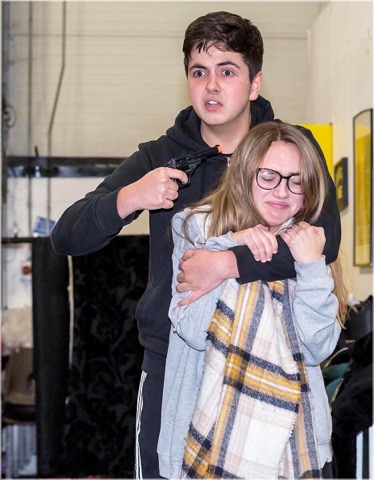
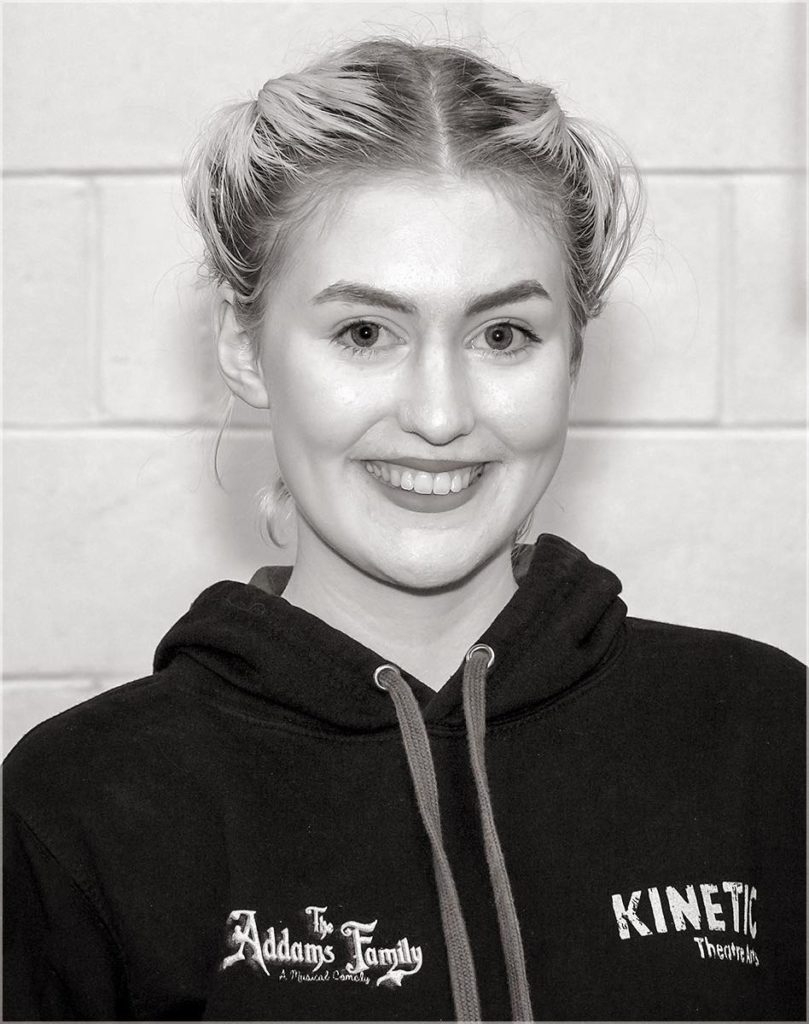
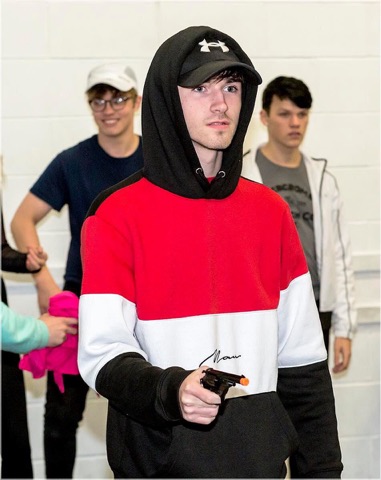
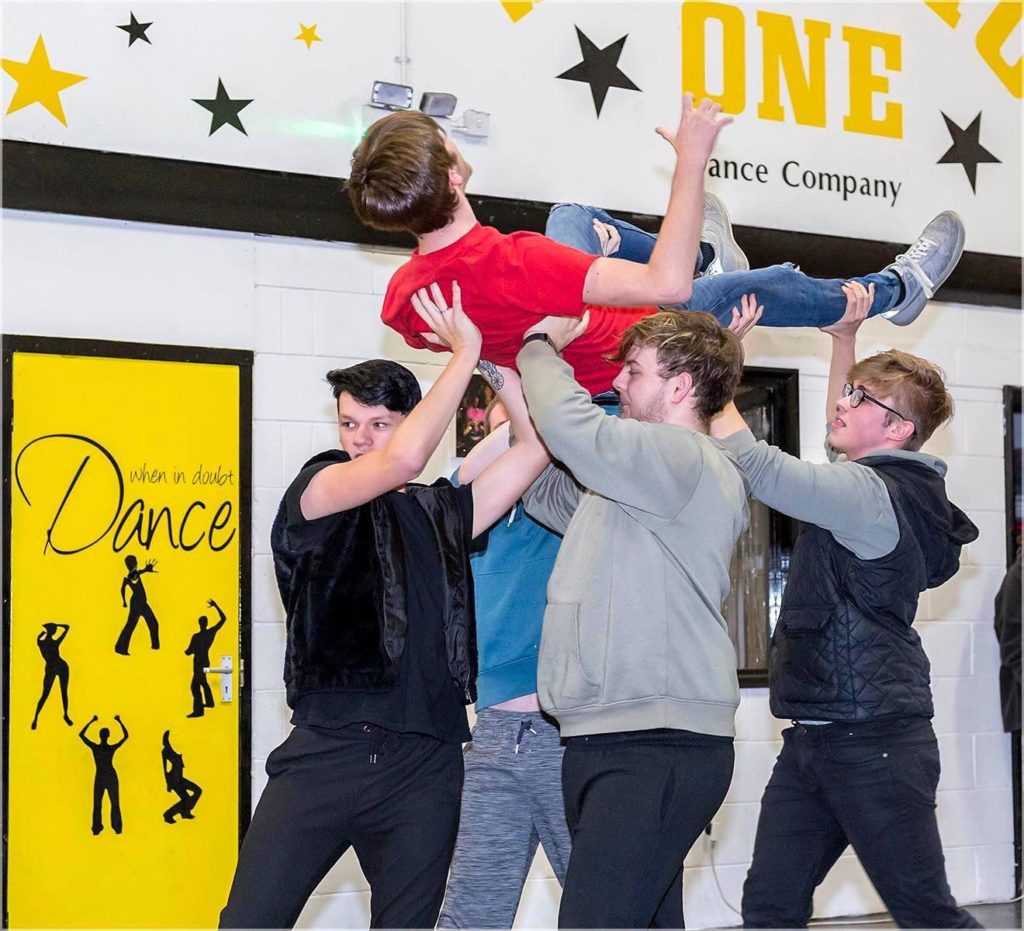
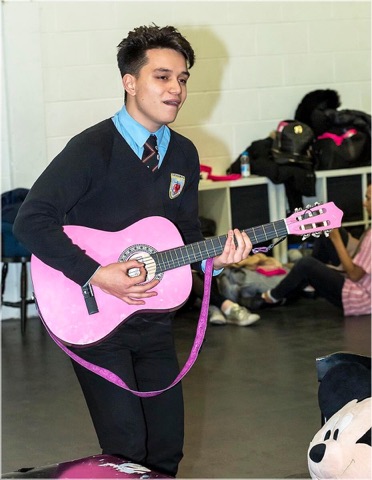
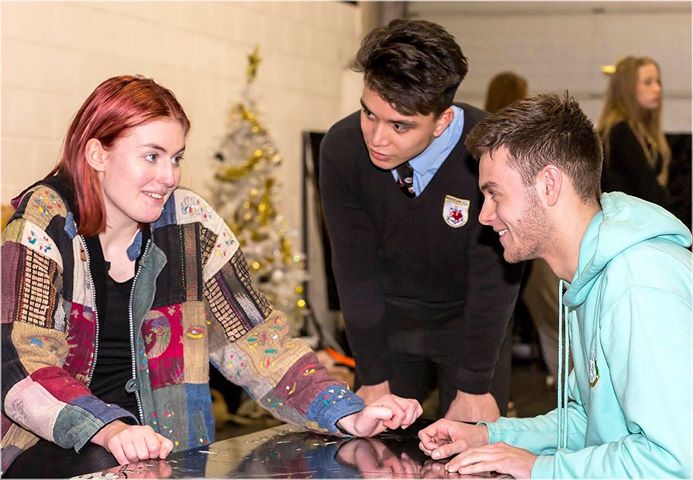
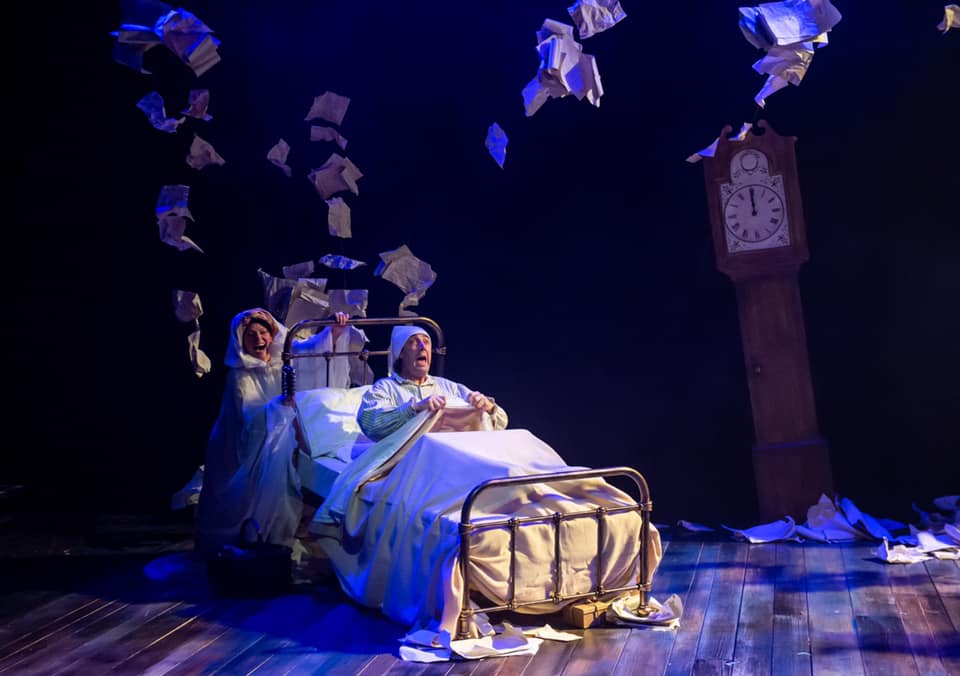
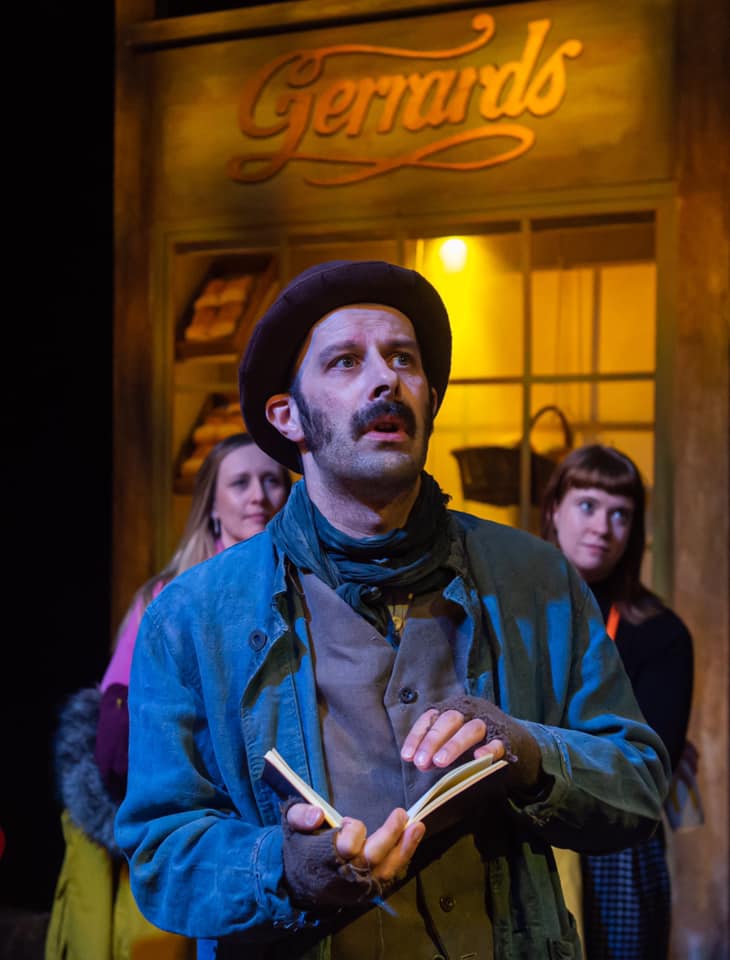
 (5 / 5) Unmissable
(5 / 5) Unmissable 
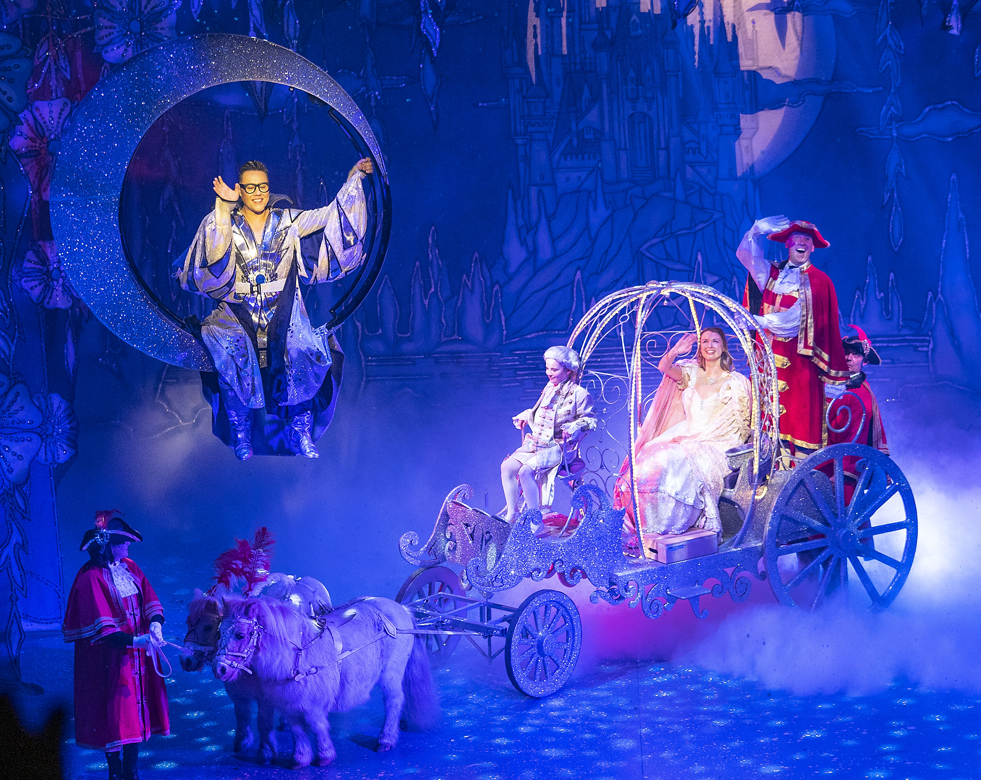

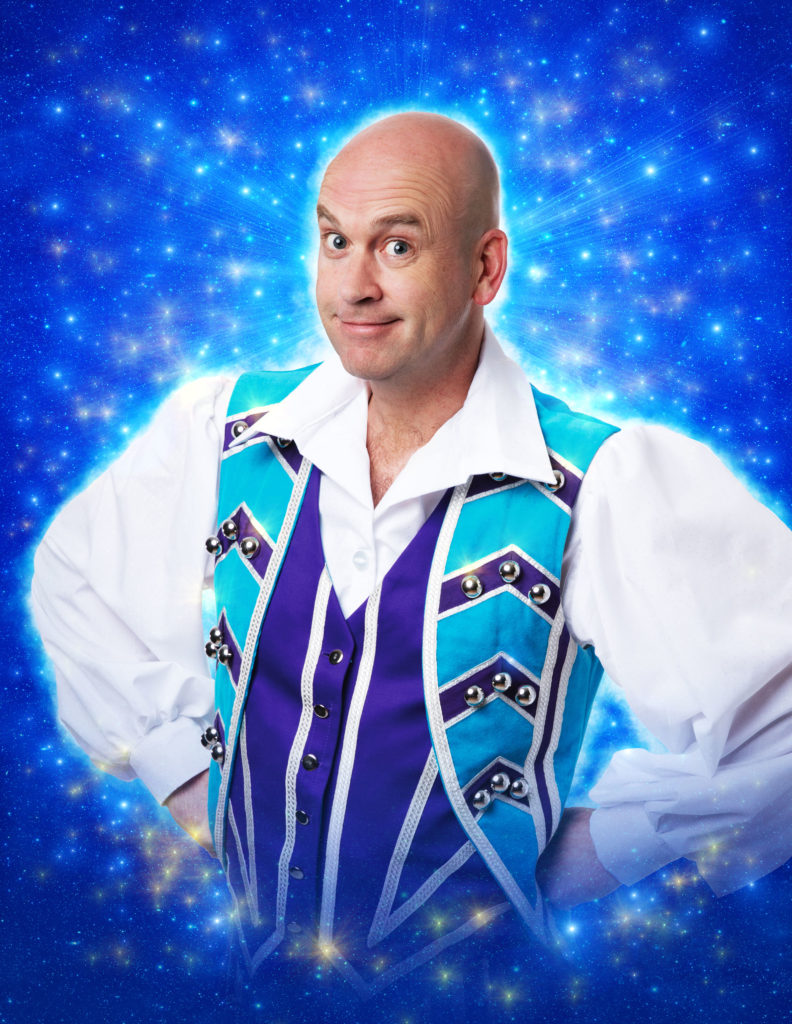
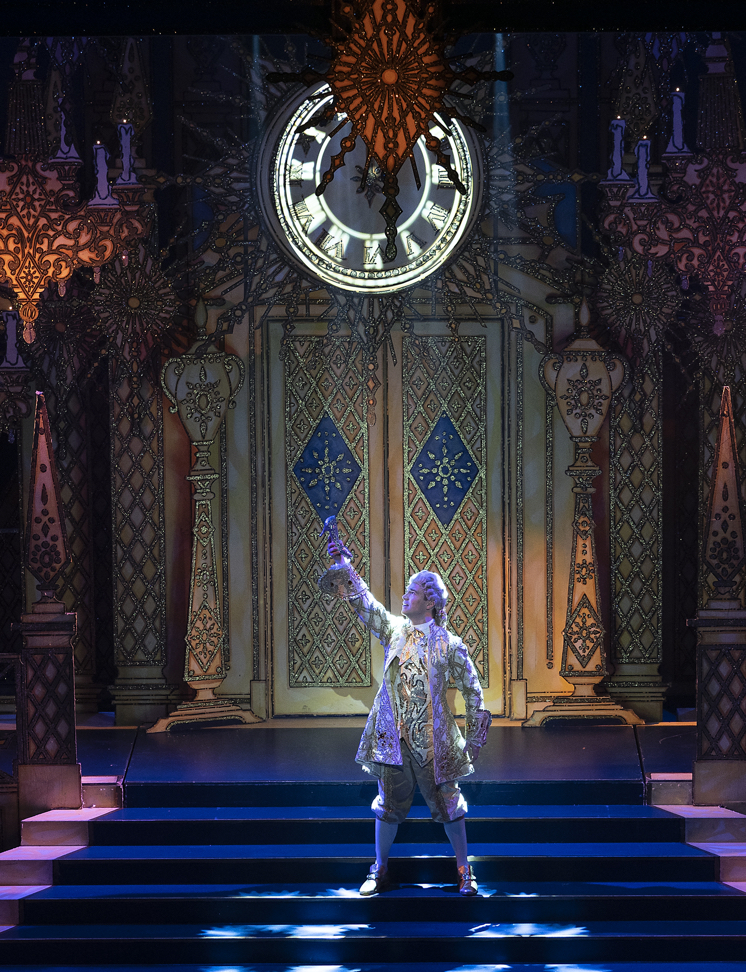
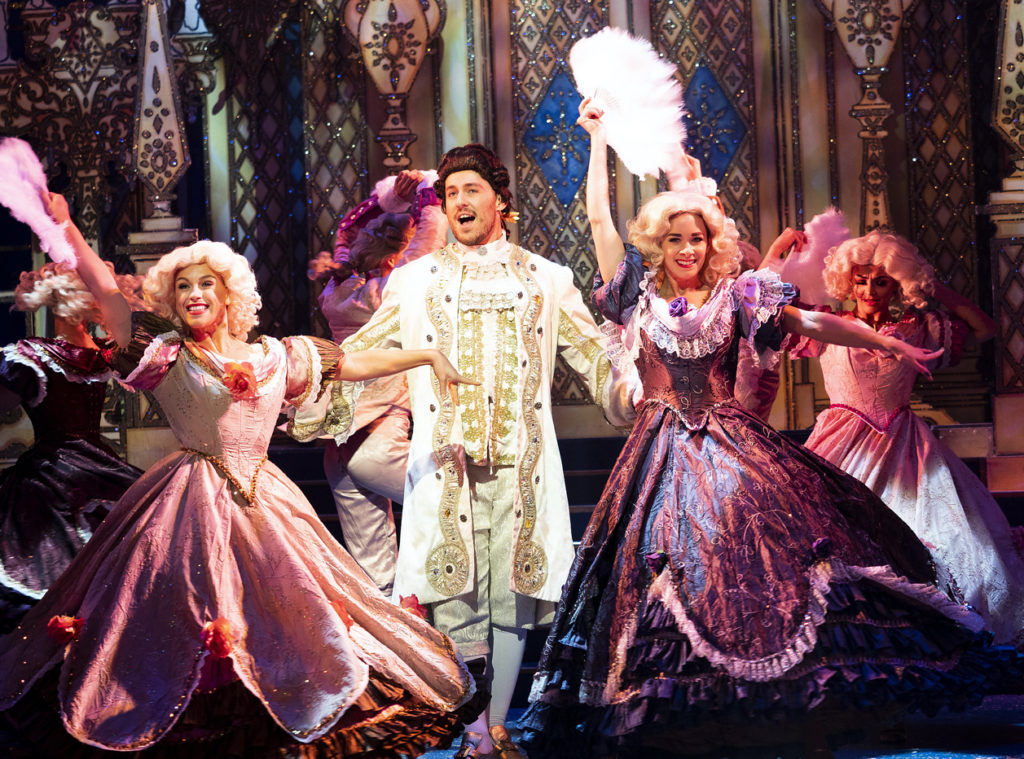
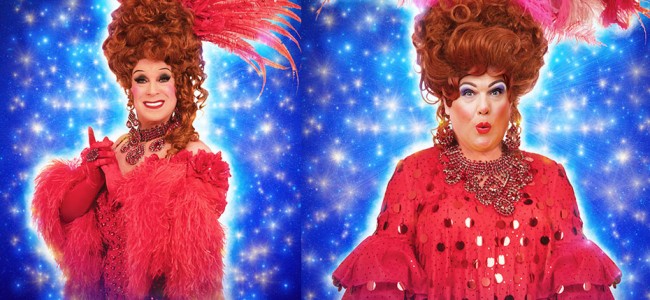
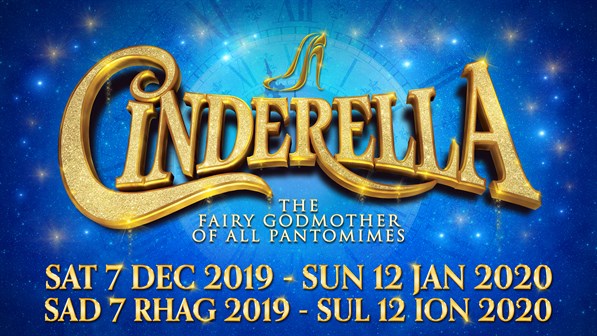

 (3.5 / 5)
(3.5 / 5)